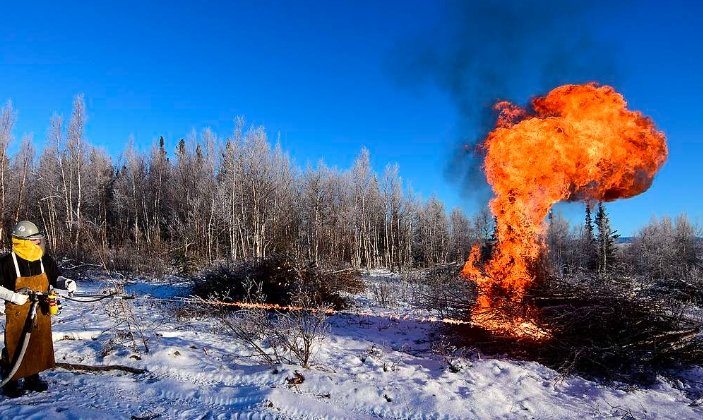The Bureau of Land Management (BLM) headquarters may once again find its home in Grand Junction, sparking discussions about the benefits and challenges of such a move.
A History of Relocations
Under President Donald Trump’s first term, the BLM headquarters was relocated from Washington, D.C., to Grand Junction, Colorado. The decision aimed to decentralize federal operations and bring management closer to public lands. However, just a year later, President Joe Biden’s administration reversed the move, bringing the headquarters back to Washington.
Now, with a new Congress and a shift in leadership, there’s renewed momentum for returning the headquarters to Grand Junction. Congressman-elect Jeff Hurd of Colorado’s 3rd Congressional District is among those advocating for the change.

Arguments for Grand Junction
Congressman-elect Hurd has pointed out the practical advantages of situating the BLM headquarters in Grand Junction.
“Grand Junction offers proximity to federal lands, public lands,” Hurd explained. “It also provides better access for stakeholders and ensures taxpayer dollars are utilized more efficiently. Decentralizing federal agencies creates opportunities for better engagement with local communities and grounds decision-making in the realities of the west.”
The western slope is home to a significant portion of federal land, making it a strategic location for a federal agency like the BLM, whose mission includes managing public lands for conservation, recreation, and resource extraction.
Concerns About Stability
For those already working in or with the Grand Junction BLM office, stability remains a top concern. Frequent relocations of the agency’s headquarters have disrupted staffing levels and operations.
Scott Braden, Director of the Colorado Wildlands Project, highlighted the challenges posed by such transitions.
“It feels like right now we’ve just kind of recovered from the last dip in staffing from the last headquarters move,” Braden said. “I hope that Congressman-elect Hurd will be able to ensure that whatever happens, the agency minimizes the disruption and loss of staff that often comes with these moves.”
Implications of a Move
If the headquarters returns to Grand Junction, it could bring economic benefits to the region. The original relocation brought dozens of jobs and federal resources to the city, bolstering the local economy. However, ensuring that the transition does not result in staff attrition or operational delays will be critical to the success of the move.
The decision to relocate federal agencies like the BLM is often mired in political and logistical debates. Supporters argue that decentralization brings government closer to the regions it serves, while critics point out the potential for inefficiencies and workforce disruptions.
For now, the future of the BLM headquarters remains uncertain, with stakeholders watching closely as the new Congress takes shape and policy priorities come into focus.












